Writing formal letters: What WASSCE and BECE candidates must know

A formal letter is a letter that is written in a more serious and professional tone than an informal letter. It is typically addressed to a person in authority, such as a teacher, employer, or government official. Formal letters can be used to request information, make a complaint, or express a formal opinion.
Here are some of the features of formal letters:
- They are typically addressed to a specific person. The salutation should include the recipient’s title, followed by their name. For example, “Dear Mr. Smith,” or “Dear Professor Jones.”
- They use a more serious and professional tone than informal letters. This means that you should avoid using contractions, slang, and other informal language.
- They typically have a specific format. This includes a greeting, a body, and a closing.
- The body of the letter should be organized in a way that makes sense. You should start by introducing the purpose of your letter, and then you should develop your points in a clear and concise way.
- The closing of the letter should be formal and respectful. You can end your letter with a phrase such as “Sincerely,” “Yours truly,” or “Respectfully.”
- Formal letters should be proofread carefully before they are sent. This will help you catch any errors in grammar or spelling.
Here are some additional tips for writing formal letters:
- Use formal language. This means using complete sentences and avoiding contractions.
- Be clear and concise. Get to the point quickly and avoid rambling on.
- Use a formal tone. This means being respectful and polite.
- Proofread your letter carefully. This will help you catch any errors in grammar or spelling.
By following these tips, you can write formal letters that will impress examiners, pass your exam and help you achieve your communication goals.
Here are 10 formal letter questions that 2023 BECE and WASSCE candidates might be asked to answer:
- Write a letter to your chief, explaining three dangers facing the youth in your village and how to deal with it.
- Write a letter to your MP, complaining about three challenges facing the youth and how they can be addressed.
- Write a letter to the Director of Education in your region, requesting the construction of a new school in your community.
- Write a letter to the Minister of Environment, expressing your concern about the pollution of a river in your area.
- Write a letter to the Chief Executive Officer of a company, complaining about a product that you recently purchased.
- Write a letter to the Principal of your school, requesting permission to organize an excursion.
- Write a letter to the Headteacher of your school, expressing your interest in joining the reader’s club.
- Write a letter to the Editor of a newspaper, expressing your opinion about corruption in government.
- Write a letter to the Mayor of your city, requesting that they take action to address the issue of street children.
- Write a letter to the President of your country, expressing your views on the poor education system.
These questions are all open-ended, so there is no one right answer. However, by following the tips above, you can write formal letters that are clear, concise, and persuasive.
Here are some additional tips for answering formal letter questions:
- Start by brainstorming some ideas. What do you want to say in your letter? What are some specific examples that you can use to support your points?
- Once you have some ideas, start writing. Don’t worry about making it perfect at first, just get your thoughts down on paper.
- Once you have a draft, revise and edit your letter. This is where you will polish your writing and make sure that it is clear and concise.
- Proofread your letter carefully before you submit it. This is the final step to ensure that your letter is free of errors.
READ: Writing informal letters: What WASSCE and BECE candidates must know
By following these tips, you can write formal letters that will impress your examiners and help you achieve a good grade on your BECE or WASSCE English exam.


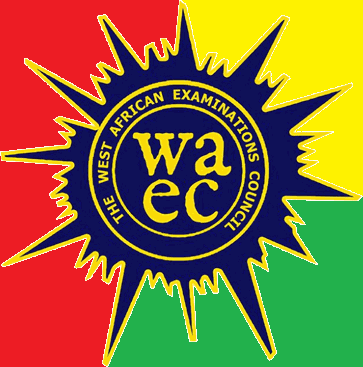 WASSCE 2024 Integrated Science Sample Questions
WASSCE 2024 Integrated Science Sample Questions 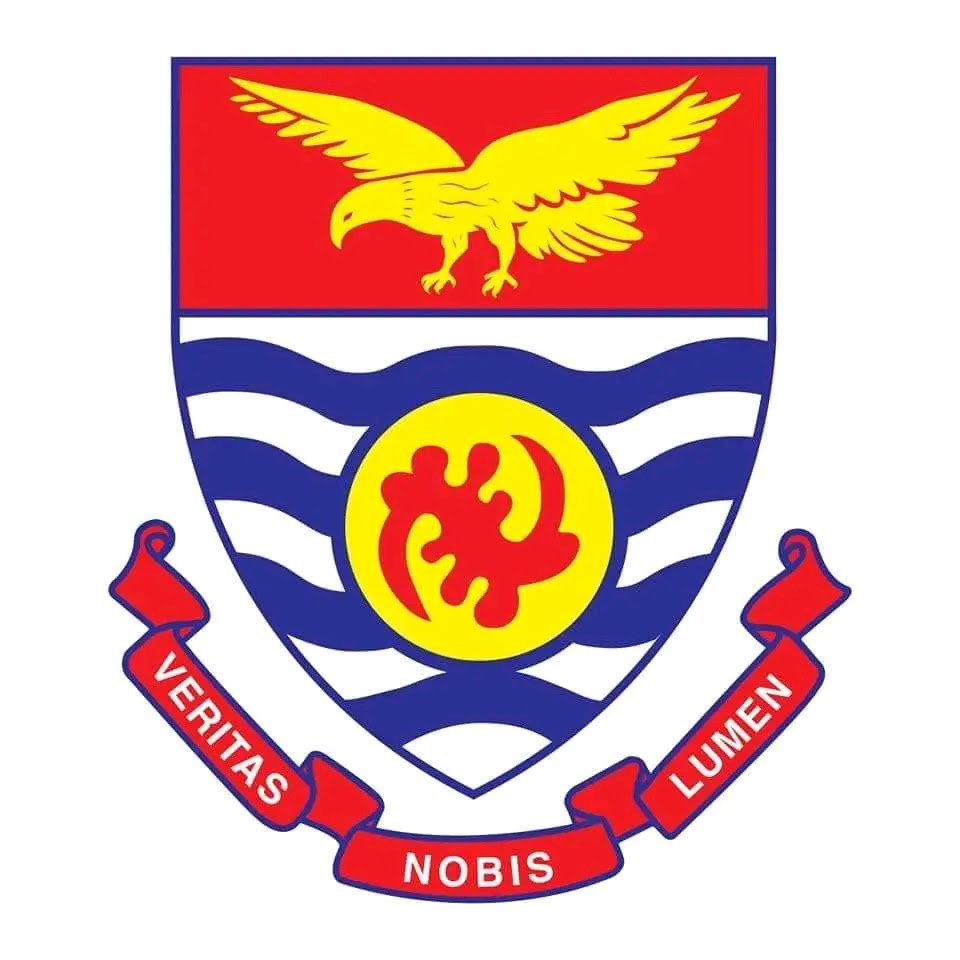 UCC extends admission deadline for Ed. degree programme (Switch 3.1)
UCC extends admission deadline for Ed. degree programme (Switch 3.1) 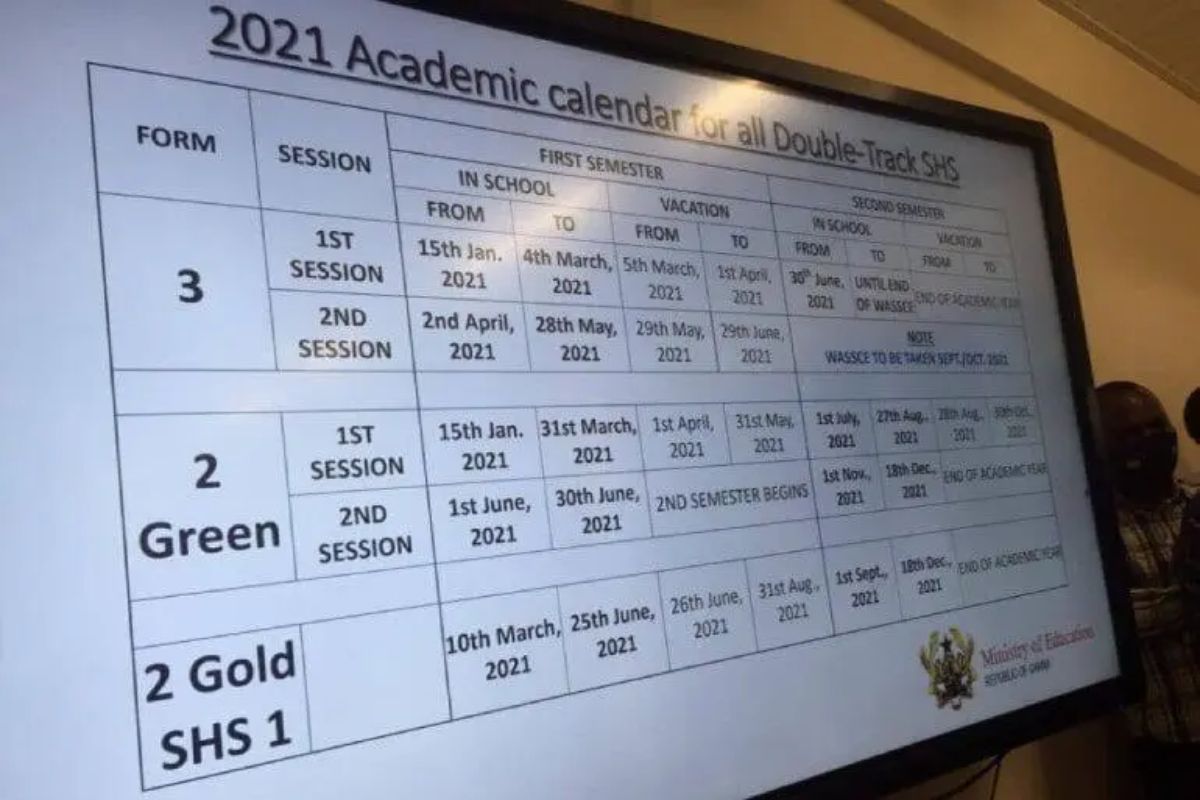 2024-2025 Academic Calendar for Private Schools Out
2024-2025 Academic Calendar for Private Schools Out 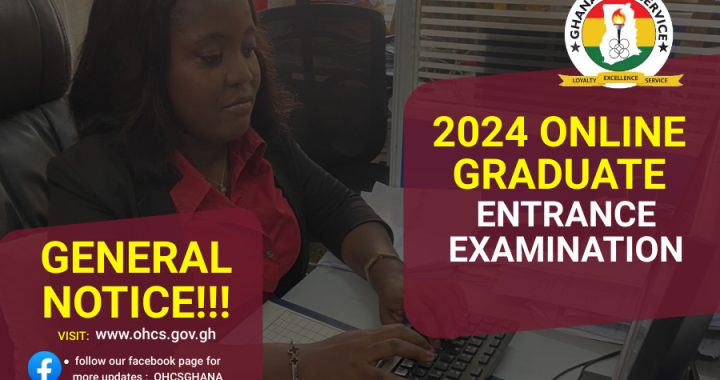 Civil Service Announces 2024 Online Examination Details for Graduate Applicants
Civil Service Announces 2024 Online Examination Details for Graduate Applicants 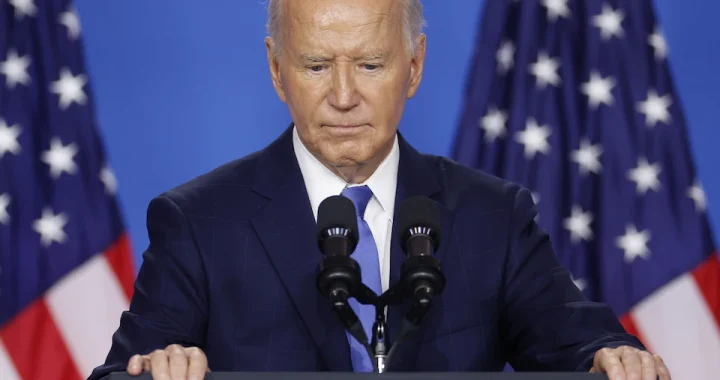 BREAKING: President Biden Announces Decision Not to Seek Reelection
BREAKING: President Biden Announces Decision Not to Seek Reelection 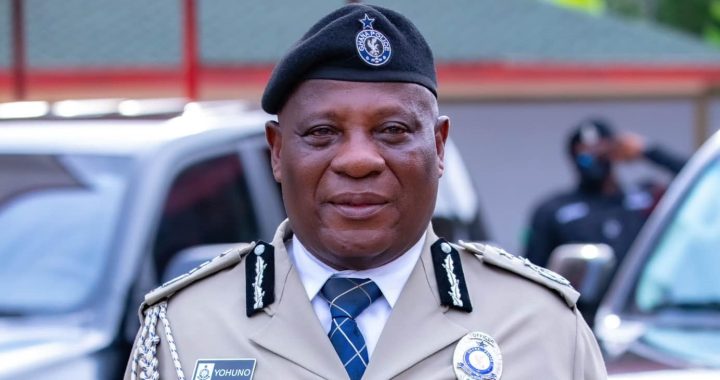 Real Reason Behind the Appointment of Yohunu as Deputy IGP
Real Reason Behind the Appointment of Yohunu as Deputy IGP  2024 BECE Graduates To Start SHS In September -GES
2024 BECE Graduates To Start SHS In September -GES